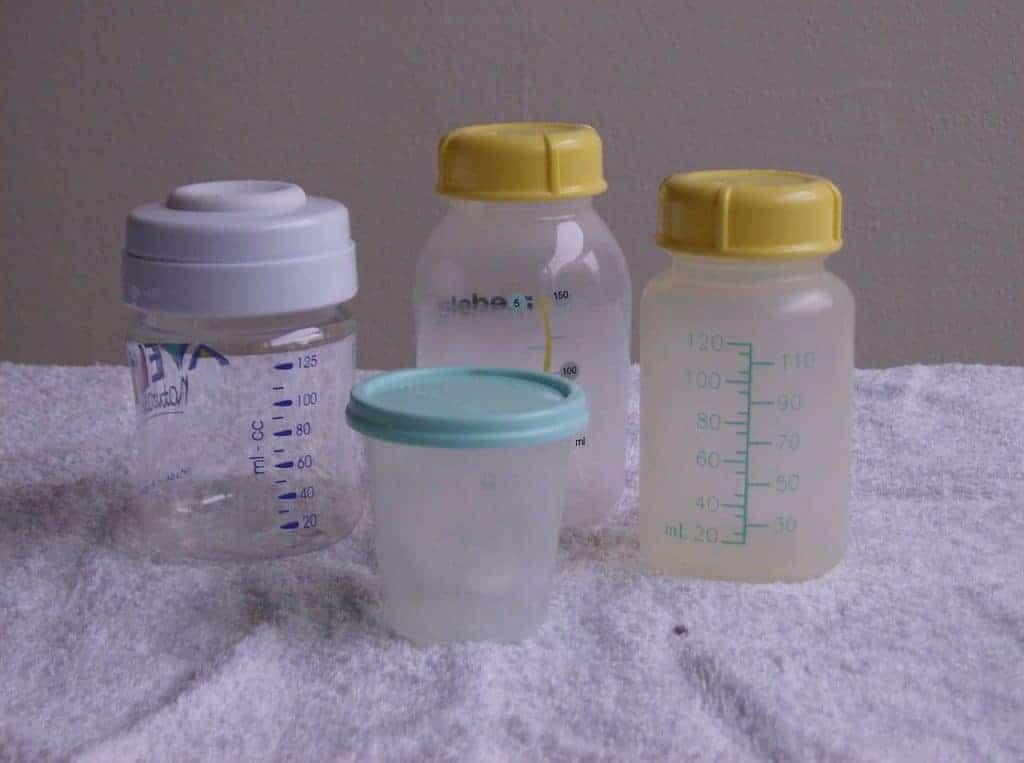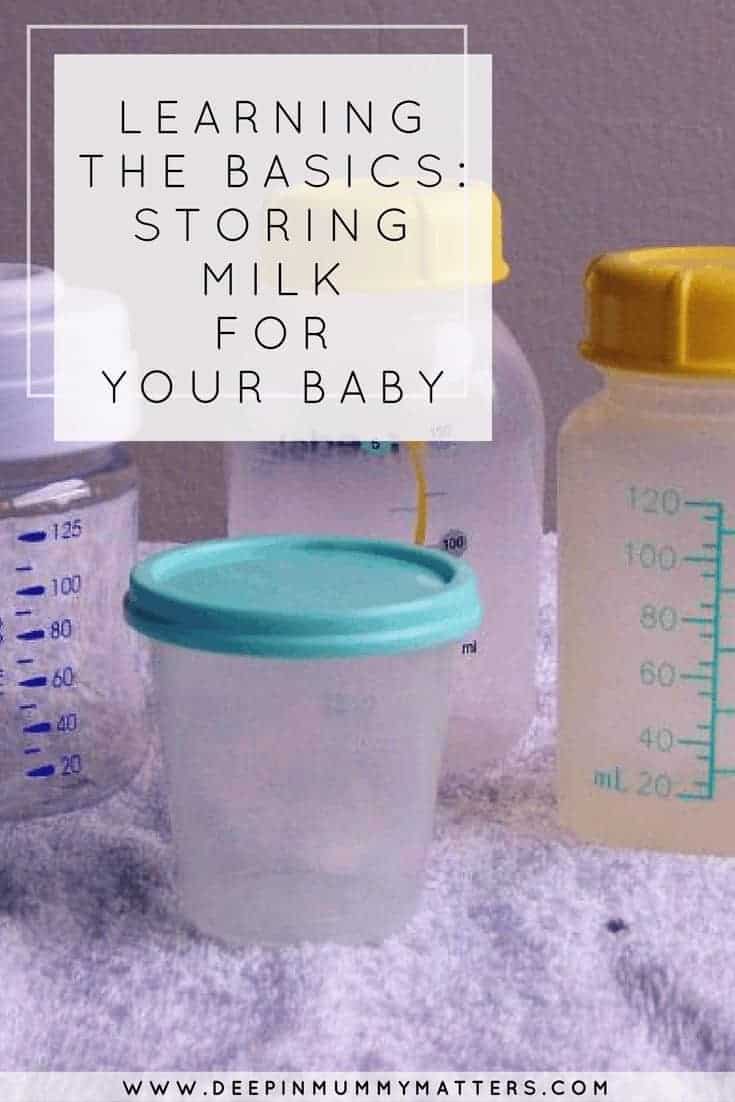One of the biggest decisions you can make as a new mother is the decision to breastfeed as opposed to bottle feeding (though the two come together for mothers who need to return to work later on). The nutrients, colostrum, and vitamins provided in breast milk help to ensure your baby has proper mental and physical growth, as well as aiding in the creation of their immune system. That is why it is so important to get it right when storing breastmilk that you pump for your baby.
The proper method for storing breastmilk is often debated, as there are so many different pumps, storage solutions, and storage suggestions out there. What works for one mother may not work for another, which is why we first suggest speaking to your health care provider, as they will be able to help you choose a pump and determine your child’s needs, which in turn will help determine the best storage method for your situation.

What are the universal keys to breast milk storage?
When determining how to store breast milk, there are a few simple rules that must be followed. These are the keys that will ensure your milk stays viable for your baby. We’ve listed a few important rules to follow below for storing breastmilk safely and keeping your baby well fed. Take a look over the list and then continue on to learn more about pumping breast milk.
- Breast milk needs to be frozen or refrigerated immediately
- Breast milk containers must be properly sealed to avoid bacteria in the air polluting the breast milk
- Breast milk pumps need to be washed regularly in order to avoid contamination of the breast milk
- Any reusable containers must be sanitized after each use
Break milk storage is not complicated. While it may seem to be a daunting task and make you think twice about breastfeeding, the many pumps and storage systems available make this a simple and fast way to provide proper nutrition for your baby. As they say, anything easy is not worth it and nothing good ever came from laziness (or something along that line).
Is breast milk really that important?
Indeed it is. While there are dozens of formula brands on the market that do their best to imitate breast milk, nothing is going to perfectly copy this natural source of nutrition. In addition, many formulas contain extra Iron and other ingredients that you may not want to give to your child if you are trying to stick to an all-natural feeding program. That is not to say that formula is bad, but simply that it is not a natural alternative to breastfeeding.
How long can I store breast milk?
The length of time that you can store your breast milk depends on the storage method you choose. Mothers who return to work after birth often choose to freeze their breast milk, as this method allows them to store the milk for longer than refrigeration will allow. As a rule, breast milk that is refrigerated should not be stored longer than five days continuously, however, this allowance diminishes every time you remove the container from your refrigerator, as the milk changes temperature each time it sits out.
Frozen breast milk, on the other end of the spectrum, can be stored in the freezer for up to two weeks, allowing a much longer usage period than other methods. One important thing to remember is that you need to date and time the storage container in order to ensure proper rotation of containers and avoid giving your baby milk that is “out-of-date”.
No matter what method of breast milk storage you choose, you can rest easy knowing you are providing your baby with the best possible source of nutrition and that is worth the effort, time, and minimal cost.

